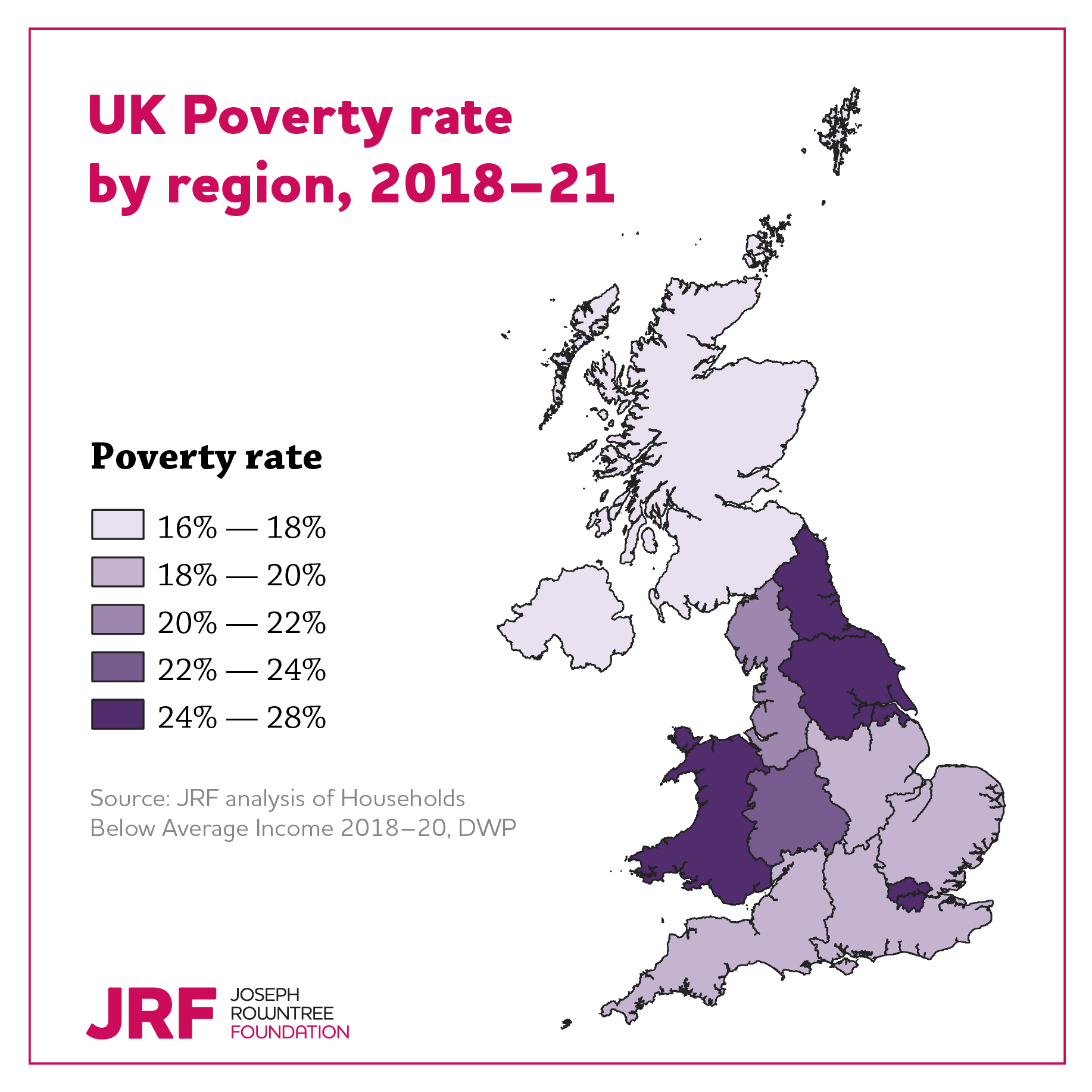I do finally think I am a responsible adult. It has taken decades, but maybe that's actually what a life is for. To learn how to be the best you can be. All that experience, all those mistakes & hopefully you grow into a kinder, less judgemental, more open, human being, who can admit failure & move on.
We make choices & decisions every day of our lives. Those choices & decisions are made in the light of our personality, intelligence & thought processes. How we were parented is also important. We get our basic moral compass in the first 5 years of our lives, so parenting is crucial to the sort of adult we will be. The next most important influence is our education & then finally our friendships.
It's like the recipe for a sponge cake. All the ingredients can make a light fluffy cake that rises, or a solid flat lump, depending on how you put the ingredients together. (Sadly my sponge cakes are nowhere near as good as my daughters!)
I increasingly feel that our society is becoming more adept at not taking responsibility for the wrong actions which affect others adversely & sometimes do real harm. We are becoming more adept at justifying mistakes rather than simply owning up. I do believe that deep down we know, but we just cannot bring ourselves to admit fault.
I used to think that it was mostly men who were unable to face up to their failings & the word most used by women was sorry. I'm not so sure now. For example the head of the US Secret Service director Kim Cheatle who tried to justify the unjustifiable, rather than admit that there were failings in decision making when Trump was shot. Also the chief executive of the Post Office Paula Vennells during the Horizon scandal.
In order to be responsible, you must also be truthful, both with yourself & publicly. There are times when absolute truth can be hurtful to others, but in the main no one should lie to themselves.
I have had an instance recently where I'm fairly sure a friend has lied to me & then been unable to admit the deception. I have also had a long, ongoing, complaint with a company in which they have consistantly prevaricated & actually lied. There was a time when I would have been upset by both incidents. Now I am just beginning to think that it is more & more likely to happen.

I've come to the conclusion that it's because the poor example comes from the top - from politicians, from dictators, from CEO's & company executives. It's everywhere. Many people in the public eye are just interested in their own position, influence, salary etc.
I still believe that there is huge capacity for good & selflessness in people. But I'm beginning to think that the dark forces against us are winning. We each have the capacity for both, it's your choice.



